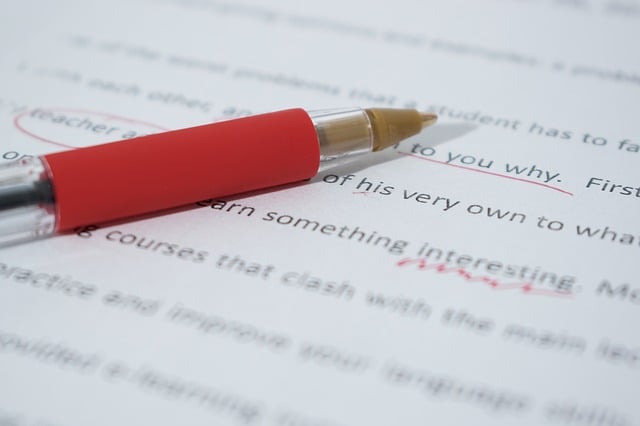Explore the dynamic battleground of AI writing and human creativity, where the pen meets the algorithm.
Understanding the Mechanics of AI Writing
AI writing leverages advanced algorithms and machine learning models to generate text. These systems are trained on vast datasets, encompassing a wide range of subjects and writing styles. The primary goal is to mimic human writing by recognizing patterns in the data and predicting the next word or phrase based on the context.
While AI writing can produce coherent and contextually relevant content, it operates within the confines of its programming and data inputs. This means that while it can handle repetitive tasks and generate large volumes of text quickly, it may struggle with nuanced topics or creative expression that falls outside its trained data.












